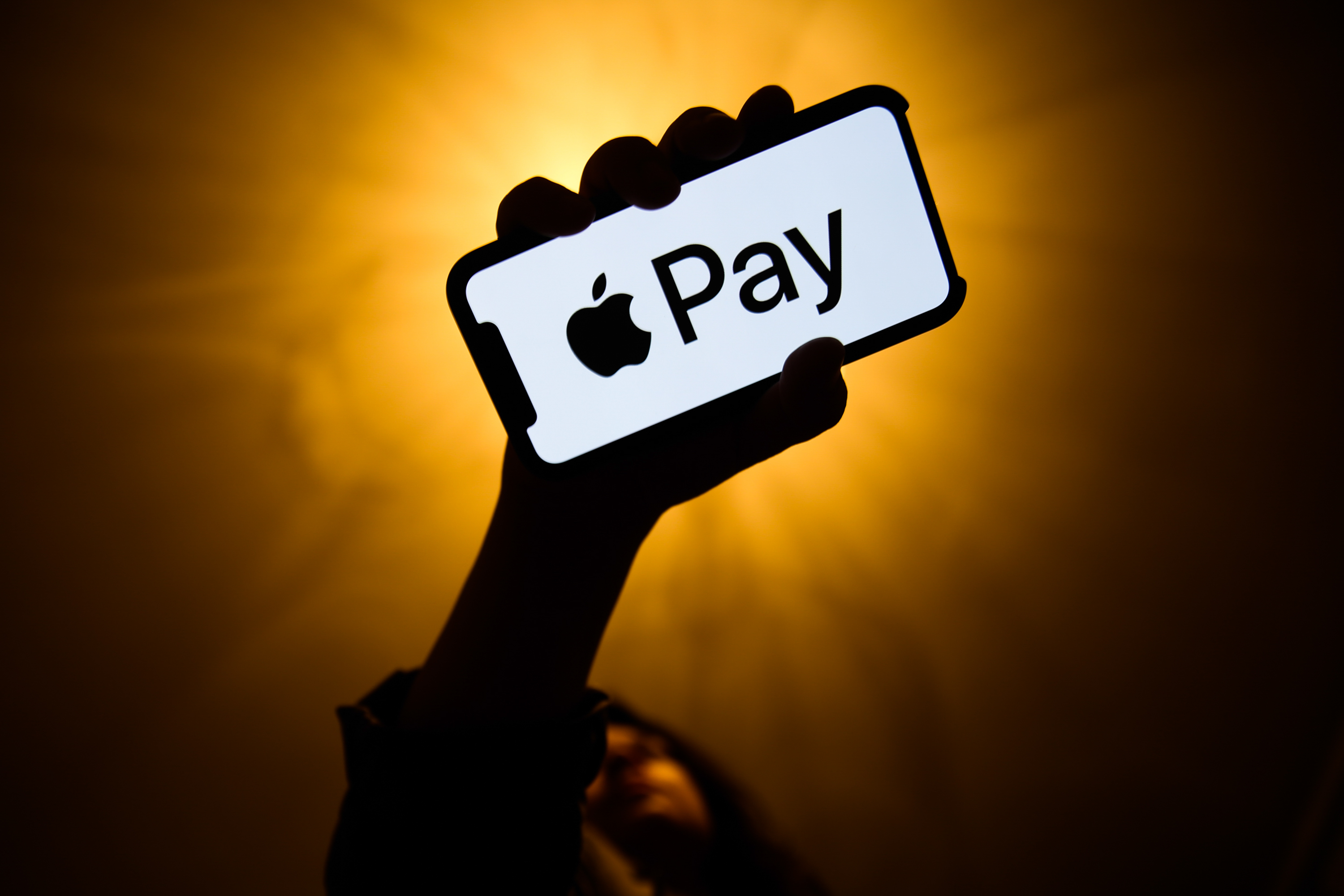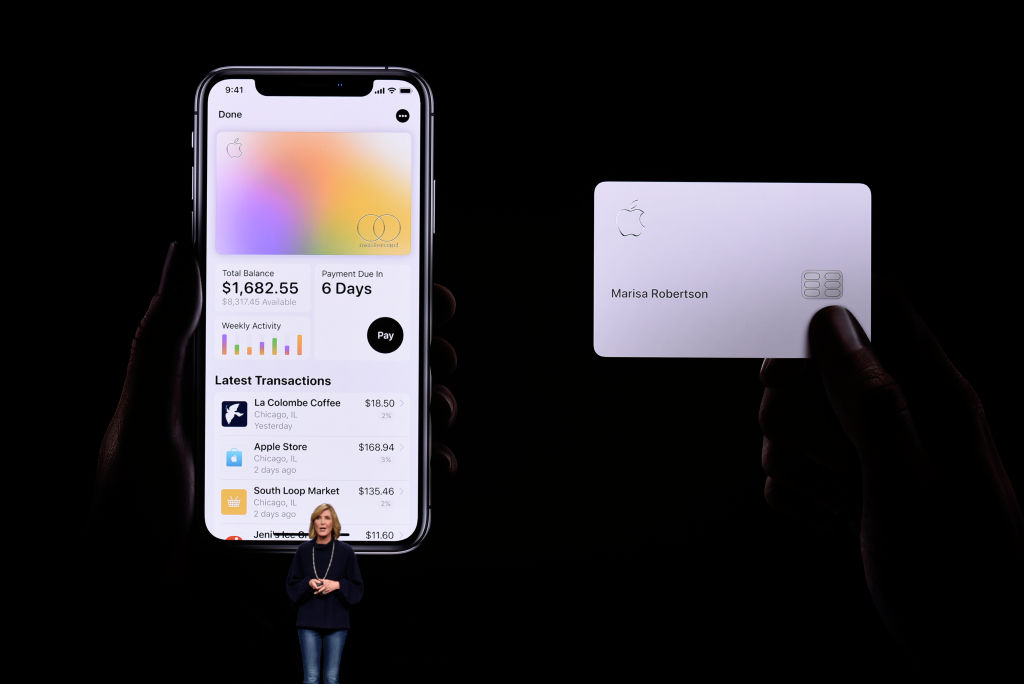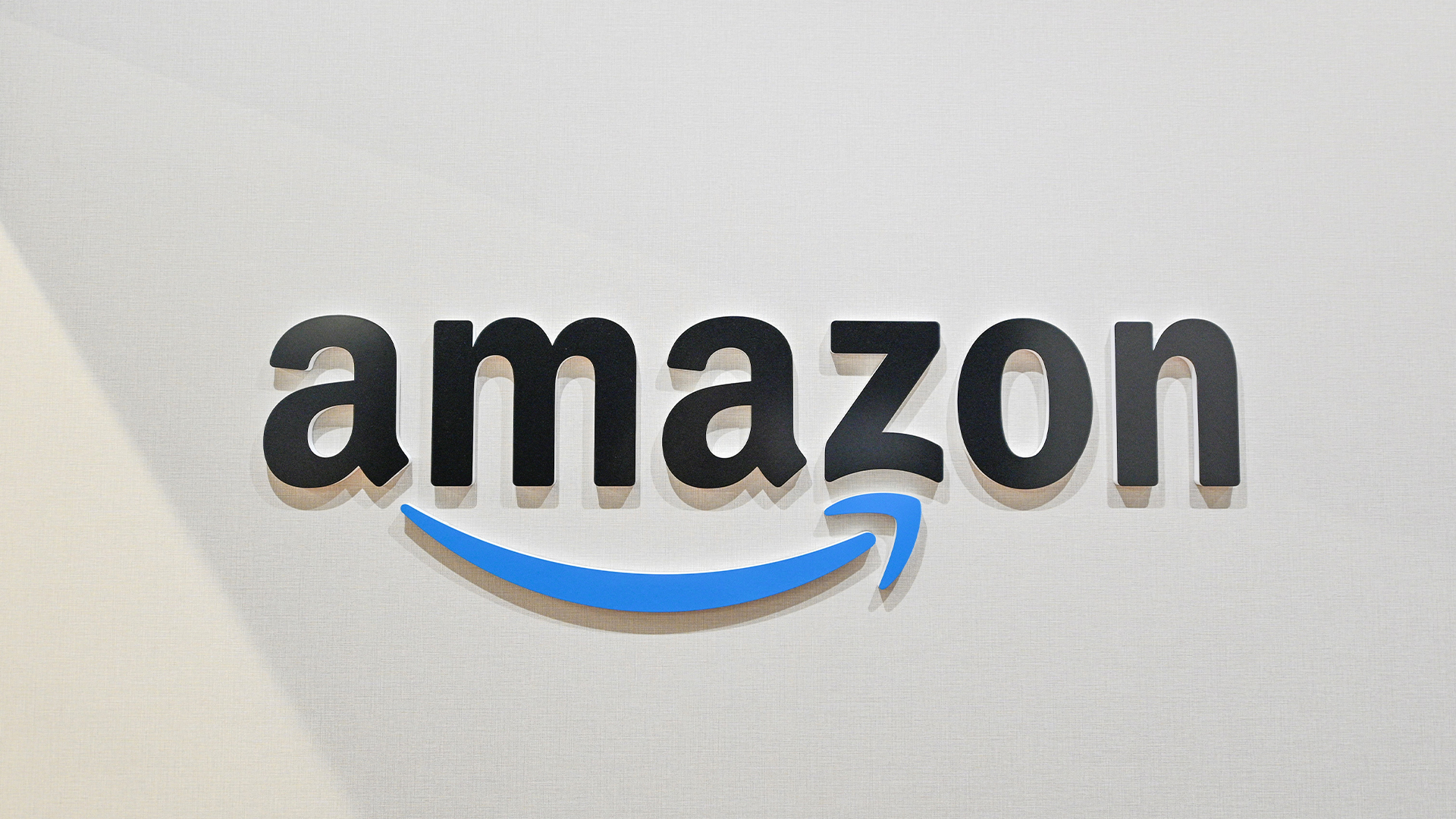Big Tech's incursion into finance raises key questions surrounding control, competition, and data privacy
Consumers are risking over-reliance on a small number of major tech companies for the sake of payment convenience


In recent years, prominent tech giants like Apple, Meta, Amazon, and Alibaba, have boldly ventured into the financial services sector. The move isn't surprising, considering these companies are already ecosystem players; their products are more than just hardware, seamlessly integrating technology into our daily lives, creating a holistic experience.
Apple's expansion into finance, including the introduction of high-yield savings accounts this year, has resulted in holdings of over $10 billion. This, alongside their existing services like Apple Pay, Apple Card, and Apple Pay Later, aligns with their strategy to diversify their financial services offerings and is a logical progression in a business sense.
But for consumers, the growing ventures into finance raise important questions about the wisdom of allowing Big Tech to control our financial services; there’s no doubt that we should be cautious in watching this unfold.
Tech-forward finance: What consumers want?
As consumer preferences evolve, a clear pattern has been emerging – a growing inclination towards convenience, consolidated services, and all-in-one super apps.
This shift presents a substantial opportunity for big tech companies to integrate financial services into their expansive offerings, but this doesn’t mean they are trying to become banks themselves. Instead, big tech companies are forming partnerships with established financial institutions, like Goldman Sachs, to handle the products they are offering.
More on Fintech
For example, regarding Apple’s savings accounts and card services, Goldman Sachs serves as the issuing bank, assessing the creditworthiness of applicants, determining credit limits and interest rates. It also manages customer service, billing disputes, fraud alerts, and payment assistance. Goldman Sachs provides the technological infrastructure, including the card network and payment processing, while ensuring Apple’s products comply with relevant laws and regulations.
Apple is then left to integrate the financial product into its existing portfolio, leveraging its tech to provide financial health tools, including spending summaries, payment suggestions, interest calculators, and monthly statements. Unique features, such as daily cash-back programs in the form of Apple Cash, are also provided by Apple, differentiating the offer from other financial services.
Get the ITPro daily newsletter
Sign up today and you will receive a free copy of our Future Focus 2025 report - the leading guidance on AI, cybersecurity and other IT challenges as per 700+ senior executives

This approach efficiently transfers financial risks to third parties, whilst bolstering these all-encompassing ecosystems and fortifying customer loyalty through expanded offerings. Tech companies are diversifying their financial product offerings to include lending, asset management, and insurance services. We can anticipate not only a proliferation in the number of available products but also an expansion in the breadth and depth of their offerings.
These developments are prominently happening in the US; the European market presents its unique set of challenges due to its fragmentation. Financial services remain highly localised, and regulatory differences are prevalent across European countries. This stands in contrast to the United States, where financial regulations are primarily centralised within the federal government, and large banking institutions exert a significantly greater influence on the market.
Competition, Control, and Compliance
If Big Tech companies intend to expand their financial services in Europe, it would demand forming partnerships with numerous local banks and navigating these diverse regulatory environments, which companies like Apple do not want to do because it would create a far too complex and risk-adverse network.
They will, most likely, concentrate their collaborations with key strategic partners, potentially fostering monopolistic practices that will stifle healthy competition but produce better market conditions for them. Acting as gatekeepers, these tech giants dictate who can access these services and under what conditions, increasing the concentration of power within big tech.
This control not only results in prices that are unnaturally high and choices that are restricted, but also raises concerns about consumers sacrificing convenience for a potentially risky reliance on a small number of major tech companies.
Bjorn Cumps
More banks will undoubtedly begin finding themselves facing potential disruption as big tech firms progressively amass market dominance, causing mergers, acquisitions, or prompting a revaluation of established business models for the now ‘traditional’ banks.
Adding to these concerns is the issue of data privacy and security. With big tech companies already having access to vast amounts of user data, which is exponentially increased by a move into finance, the potential for data breaches and the misuse of sensitive financial information becomes undeniable. This not only poses a grave threat to individuals' financial well-being but also raises significant privacy concerns.
RELATED RESOURCE

This roadmap will help you embedded risk and compliance processes
DOWNLOAD NOW
Such risk and upheaval ripples through the financial system, impacting its stability and resilience on a broader scale, and examining the economic implications of big tech’s dominance in financial services reveals a nuanced landscape. While it holds the promise of heightened efficiency and cost savings for consumers, it also introduces challenges in terms of oversight and regulation.
The sheer influence wielded by these tech giants frequently tests the limits of regulatory capacities; striking a delicate balance between effective oversight, innovation promotion, and adherence to financial regulations poses a complex challenge.
What consumers need to ask themselves
The European market, with its complex regulatory landscape, raises further queries:
- Are we willingly surrendering too much control to a select few companies?
- Does the convenience of all-encompassing super apps come at the expense of healthy competition and diverse choices?
- In a world where data is currency, how do we reconcile the benefits of tech-forward finance with the potential risks to our privacy and financial well-being?
After all, who needs financial independence when you can have Big Tech manage your money and privacy all in one convenient package. It's not like they've ever mishandled data before, right?

Bjorn Cumps is a professor of Management Practice In Financial Services Innovation and Fintech, and Partner at Vlerick Business School. His research and teaching focuses on platform and business ecosystem management, enterprise architecture as well as financial services and FinTech.
Bjorn also serves as Programme Director of Vlerick’s European Executive MBA, and since April 2021, he has also served on the board of Fintech Belgium.
-
 Should AI PCs be part of your next hardware refresh?
Should AI PCs be part of your next hardware refresh?AI PCs are fast becoming a business staple and a surefire way to future-proof your business
By Bobby Hellard Published
-
 Westcon-Comstor and Vectra AI launch brace of new channel initiatives
Westcon-Comstor and Vectra AI launch brace of new channel initiativesNews Westcon-Comstor and Vectra AI have announced the launch of two new channel growth initiatives focused on the managed security service provider (MSSP) space and AWS Marketplace.
By Daniel Todd Published
-
 ‘If you want to look like a flesh-bound chatbot, then by all means use an AI teleprompter’: Amazon banned candidates from using AI tools during interviews – here’s why you should never use them to secure a job
‘If you want to look like a flesh-bound chatbot, then by all means use an AI teleprompter’: Amazon banned candidates from using AI tools during interviews – here’s why you should never use them to secure a jobNews Amazon has banned the use of AI tools during the interview process – and it’s not the only major firm cracking down on the trend.
By George Fitzmaurice Published
-
 I think the UK government's attempt to strong-arm Apple into giving it an ADP backdoor is a travesty – and so does most of the industry
I think the UK government's attempt to strong-arm Apple into giving it an ADP backdoor is a travesty – and so does most of the industryOpinion The UK’s demands for a government backdoor are misguided from a cybersecurity, privacy, and business perspective
By Solomon Klappholz Published
-
 Amazon's RTO mandate could spark a talent exodus
Amazon's RTO mandate could spark a talent exodusNews A survey of Amazon staff suggests plenty remain unhappy about returning to the office next year
By Nicole Kobie Published
-
 Amazon's RTO mandate just hit a major roadblock – it doesn’t have enough office space
Amazon's RTO mandate just hit a major roadblock – it doesn’t have enough office spaceNews The company has told staff in several locations that it won't have room for them all in time
By Emma Woollacott Published
-
 Apple CEO Tim Cook hails company's "deep connection" with UK as figures show it's invested £18 billion since 2019
Apple CEO Tim Cook hails company's "deep connection" with UK as figures show it's invested £18 billion since 2019News Apple has invested upwards on £18 billion in the UK and doubled its engineering headcount since 2019.
By Emma Woollacott Last updated
-
 “There are other companies around”: AWS CEO Matt Garman says employees pushing back on RTO mandates should quit
“There are other companies around”: AWS CEO Matt Garman says employees pushing back on RTO mandates should quitNews AWS CEO Matt Garman says employees pushing back on RTO mandates should quit
By Nicole Kobie Published
-
 Business execs just said the quiet part out loud on RTO mandates — A quarter admit forcing staff back into the office was meant to make them quit
Business execs just said the quiet part out loud on RTO mandates — A quarter admit forcing staff back into the office was meant to make them quitNews Companies know staff don't want to go back to the office, and that may be part of their plan with RTO mandates
By Nicole Kobie Last updated
-
 Microsoft tells staff it won’t follow Amazon or Dell on enforcing a return to the office – but there’s a catch
Microsoft tells staff it won’t follow Amazon or Dell on enforcing a return to the office – but there’s a catchNews While other big tech companies are forcing reluctant workforces back into the office, Microsoft isn’t following suit
By George Fitzmaurice Published
